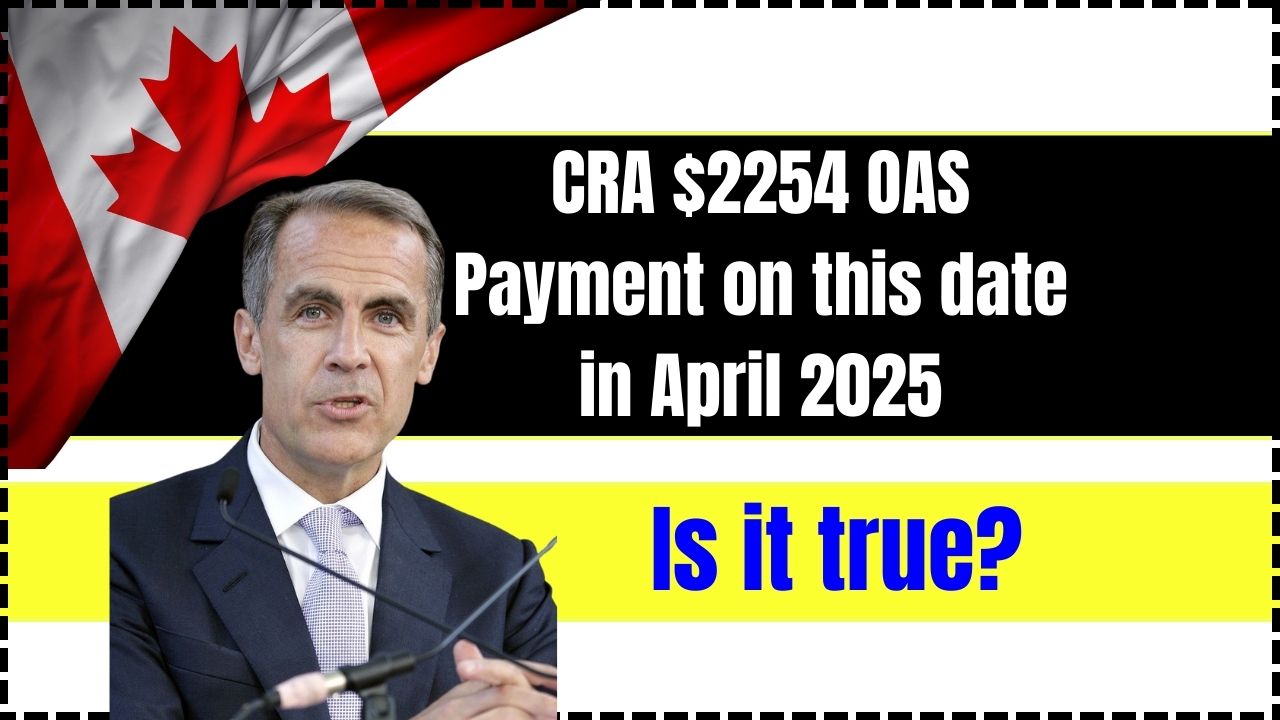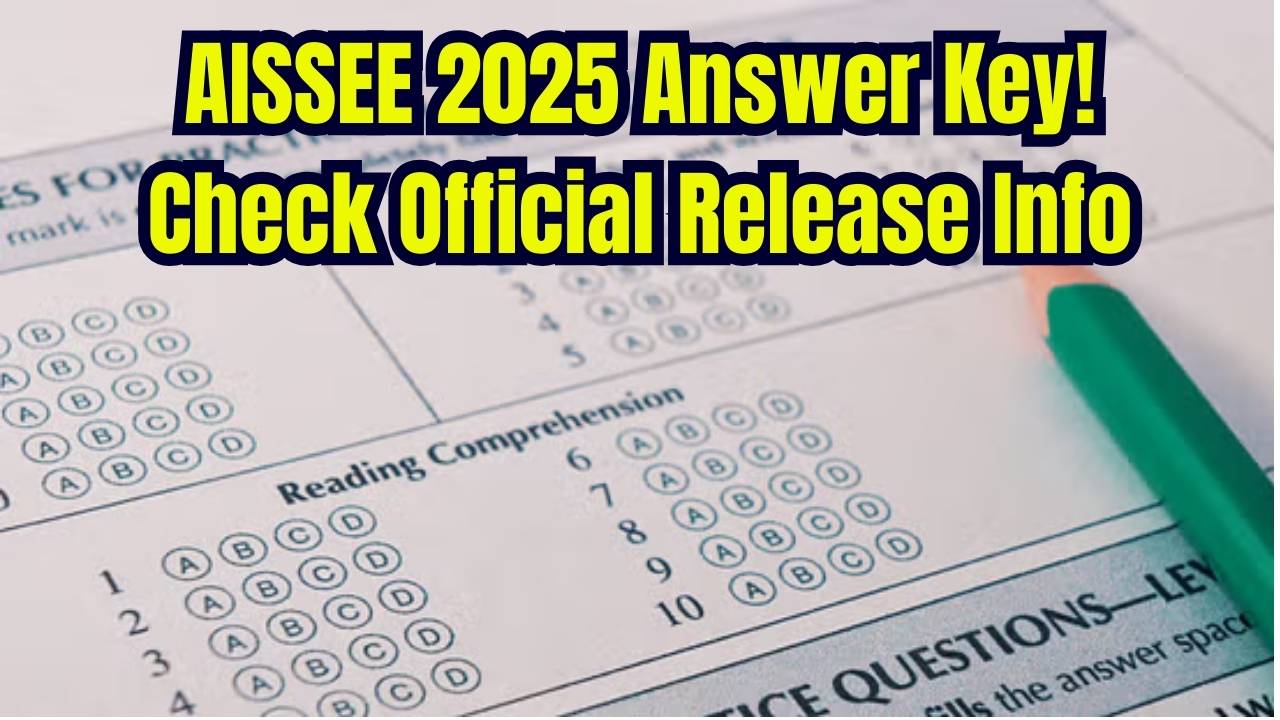This DWP Pension Mistake Is Costing Retirees £3k a Year: If you’re a retiree in the UK—or have a family member who is—you may be missing out on thousands of pounds in State Pension payments due to an ongoing issue within the Department for Work and Pensions (DWP). This DWP pension mistake, affecting mostly women, widows, and people over 80, has left retirees underpaid by an average of up to £3,000 per year—with some cases reaching tens of thousands of pounds in missed payments.
And the worst part? Many don’t even know they’re owed money. According to official government reports and expert analyses, the DWP has been reviewing these mistakes since 2021, but the process is still ongoing. If you’re wondering whether you—or someone in your family—could be one of the 119,000+ people affected, this guide will walk you through everything you need to know.
This DWP Pension Mistake Is Costing Retirees £3k a Year
The DWP pension mistake has created real hardship for thousands of retirees—many of whom rely on every pound to get by. While the government is actively correcting these errors, it’s clear that not everyone will be contacted proactively. Take charge: check your entitlement, use the online tools, and don’t hesitate to contact the DWP. Whether you’re affected yourself or advocating for a loved one, knowledge is power—and so is persistence.

| Topic | Details |
|---|---|
| Affected Individuals | Widows, married women, over-80s, divorced women on the old state pension system |
| Average Underpayment | £11,905 for widows; £5,591 for married women; £2,202 for over-80s |
| Total Underpayments Identified | 119,050 cases totaling £736 million |
| Largest Individual Payouts | Over £100,000 in back payments |
| Common Reason for Error | Misapplied inherited pension rules |
| Start of Correction Exercise | January 2021 |
| Contact Number for DWP | 0800 731 0469 |
| Online Pension Checker Tool | LCP’s Free Pension Checker |
| Official Government Info | DWP Pension Correction Update |
Why the DWP Pension Mistake Happened?
The core issue lies in human error and administrative failings in how DWP applied the old state pension rules—especially for those who reached retirement age before 6 April 2016.
The three main groups impacted include:
- Widowed pensioners who should have inherited part of their spouse’s additional state pension
- Married women who were entitled to a 60% rate of their husband’s basic state pension but never received the uplift
- People over 80 who should have received a minimum Category D pension but didn’t
Additionally, divorced women and people with incomplete National Insurance records may also have been incorrectly assessed.
Real-Life Stories That Illustrate the Problem
Frances Kerr, a 66-year-old widow from Nottingham, spent over six months chasing DWP after her husband’s death. Initially told she wasn’t eligible for more, she later received a £47 per week increase—adding up to nearly £2,500 per year in extra pension payments.
In another case, a widow received £42,000 in back payments after her deceased husband’s contribution record was finally corrected.
These are not isolated examples. Thousands are only discovering the issue after years of financial struggle or through pension advisory campaigns.
DWP Correction Effort: Timeline & Progress
The DWP began reviewing potentially affected cases in January 2021 and has been issuing arrears payments ever since.
Key Milestones
- January 2021 – DWP correction exercise begins
- September 2024 – Over 119,000 cases corrected, totaling £736 million
- 2025–2026 – Projected completion timeline, though many experts fear it may extend further
How to Check If You’ve Been Underpaid Due to This DWP Pension Mistake: A Step-by-Step Guide
Step 1: Identify Your Category
You could be affected if:
- You’re a widow or widower, especially if your spouse passed away before 6 April 2016
- You’re a married woman whose husband reached pension age before 17 March 2008
- You’re over 80 and receiving less than the full Category D state pension
- You’re divorced and your pension wasn’t recalculated after retirement
Step 2: Use the Online Checker
Try the LCP Pension Checker Tool for a quick eligibility assessment.
Step 3: Contact the DWP
If you believe you may be affected:
- Call the Pension Service: 0800 731 0469
- Or write to: The Pension Service
Post Handling Site A
Wolverhampton
WV98 1AF
Have your National Insurance number and relevant spouse or ex-spouse details ready (including NI number and date of birth/death).
Legal Rights, Interest, and Compensation
Currently, the DWP is not paying interest on the owed amounts, which has been widely criticized. For example, some widows who were underpaid for 20 years are not being compensated for the lost time value of money.
Experts like Sir Steve Webb, former pensions minister and now partner at Lane Clark & Peacock, have called for interest and full transparency. Legal analysts suggest pensioners may have the right to challenge this via ombudsman services or legal routes, especially in cases of extreme hardship.
Expert Commentary
Sir Steve Webb notes:
“This scandal highlights serious systemic issues within DWP record-keeping and raises the question: How many more are still unaware they’ve been shortchanged for years?”
The National Audit Office (NAO) described it as “a shameful failure of the State’s responsibility to some of its most vulnerable citizens.”
UK Pensioners Could Get £434 a Month – Check DWP’s New Support Plan!
April 2025 Benefit Boost: PIP & DLA Payments Increased – See Your New Rates Now!
£549 Weekly State Pension Released by DWP – Check Eligibility & Payment Date
Frequently Asked Questions (FAQs)
Who is most likely to be affected?
People who reached retirement age before 6 April 2016, especially widows, married women, divorced women, and over-80s under the old state pension rules.
How much money could I be owed?
It varies. Some are owed a few thousand pounds per year, while others have received backdated payments exceeding £100,000.
Will I automatically be contacted?
Not always. While DWP is reviewing records, many affected individuals need to take the initiative to contact them or use a checker tool.
Can I still claim if my spouse or parent has passed away?
Yes. Executors or next of kin can claim arrears on behalf of deceased individuals.







